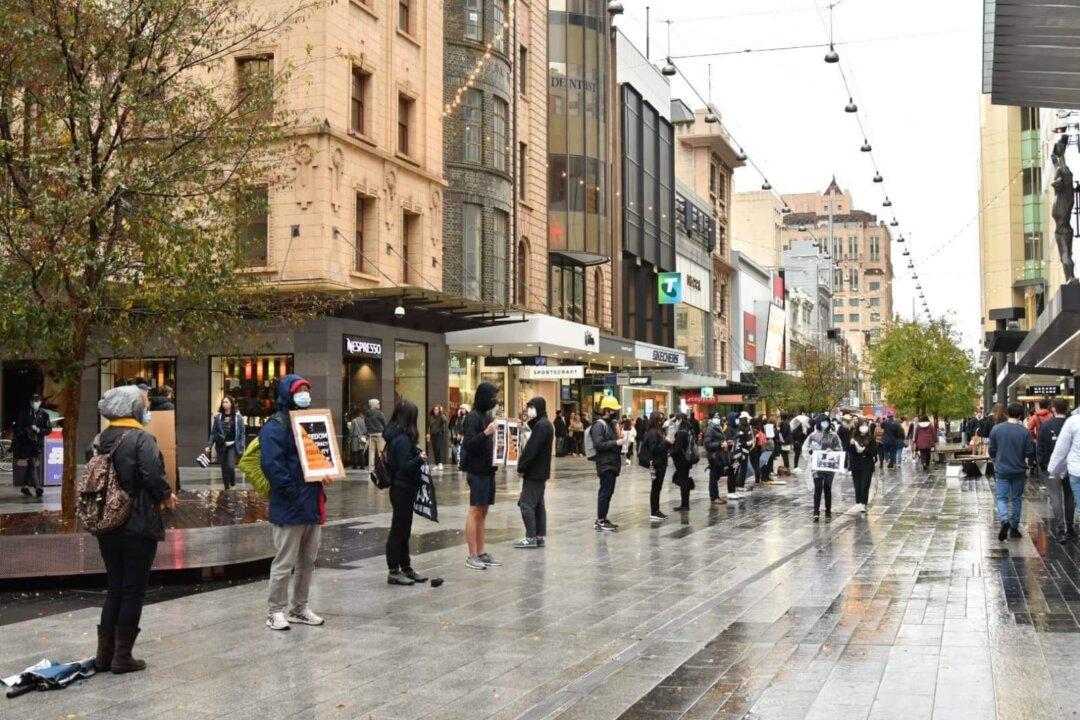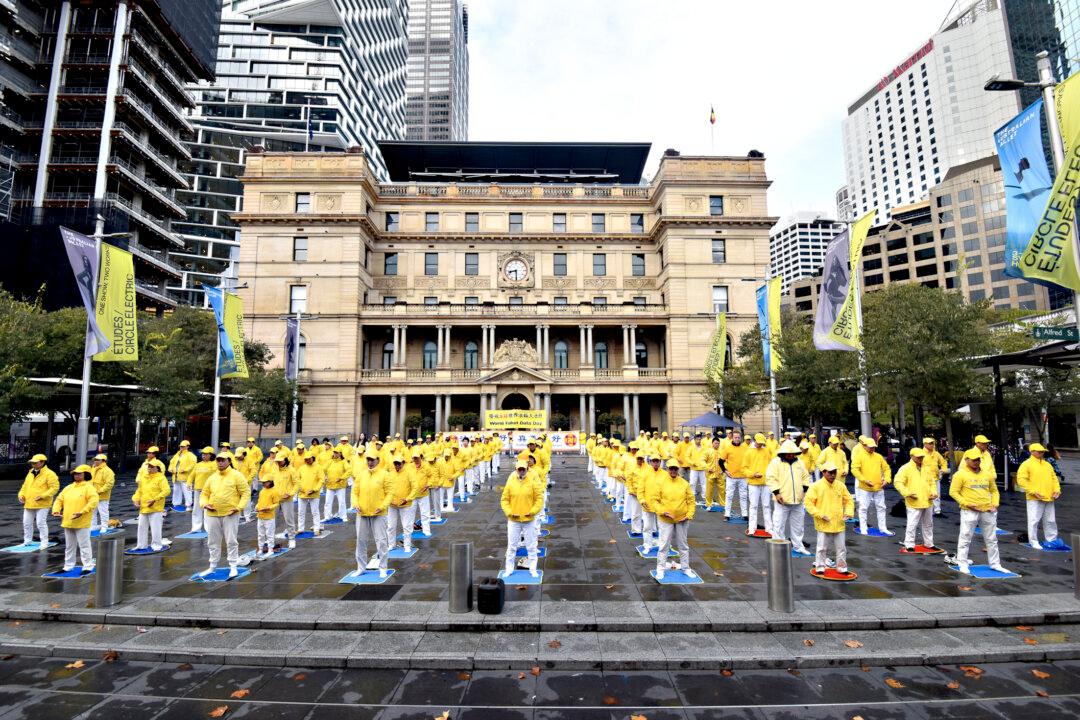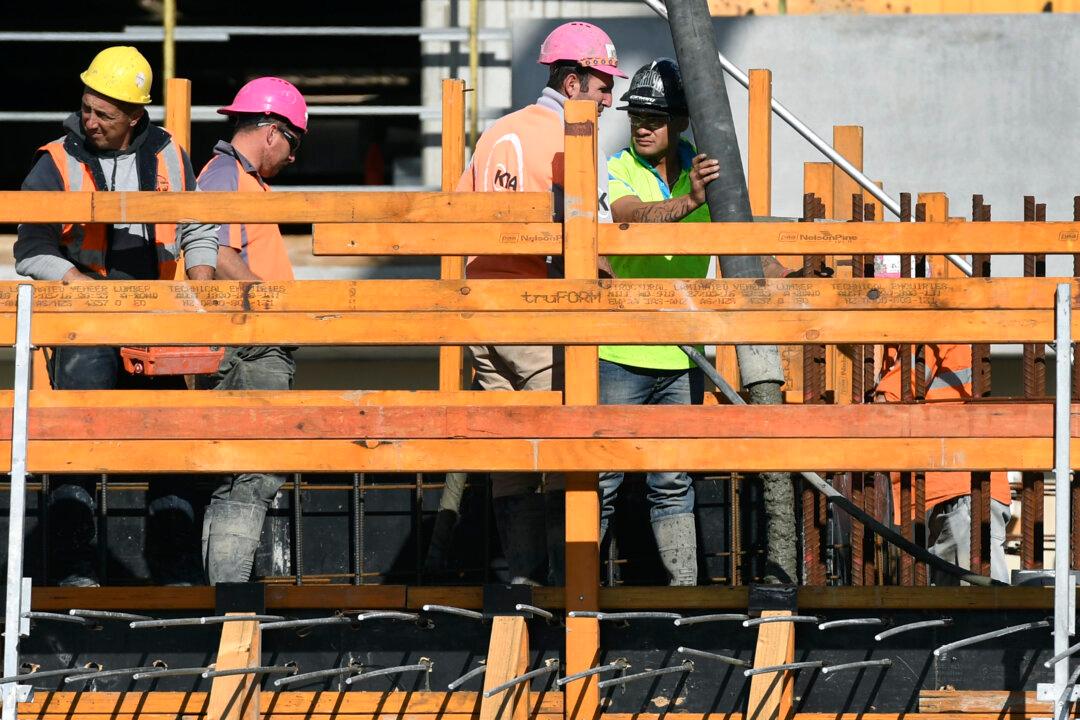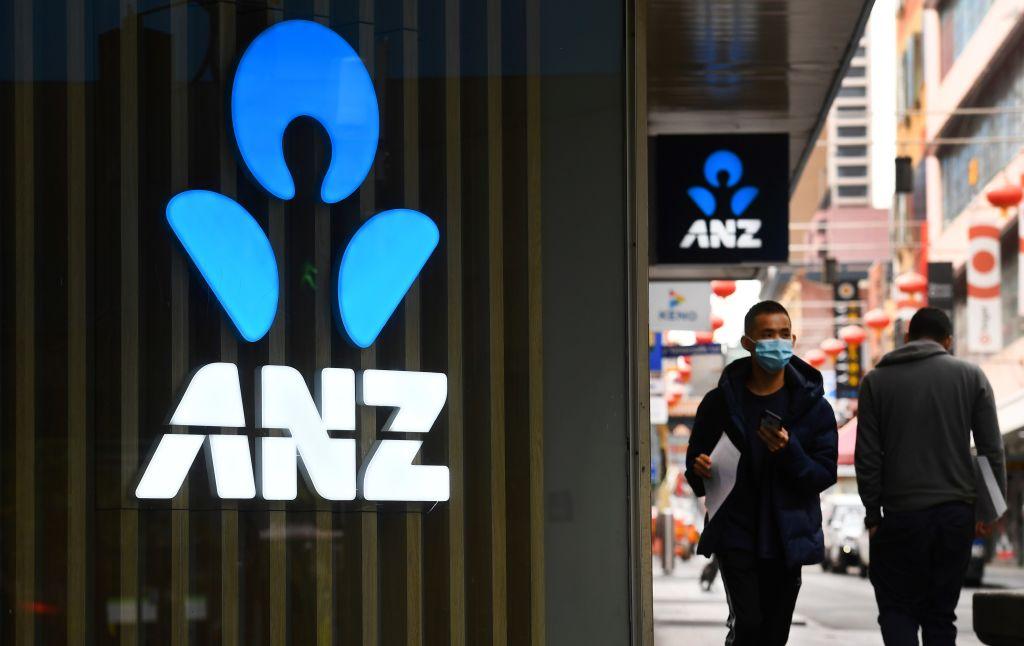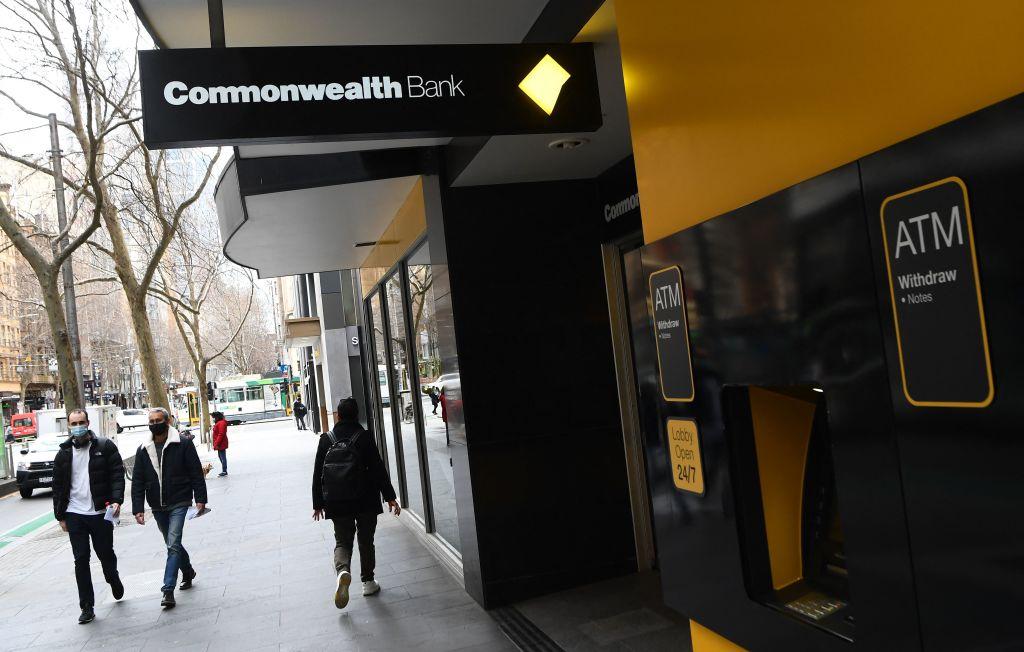Despite the cold and wet weather, protestors gathered on June 13 at Rundle Mall in the Adelaide CBD, the capital city of South Australia, to mark the first anniversary of the pro-democracy movement in Hong Kong.
The demonstrators were mostly university students from Hong Kong. They stood quietly, several feet apart, forming a chain 100 meters down a pedestrian mall.
